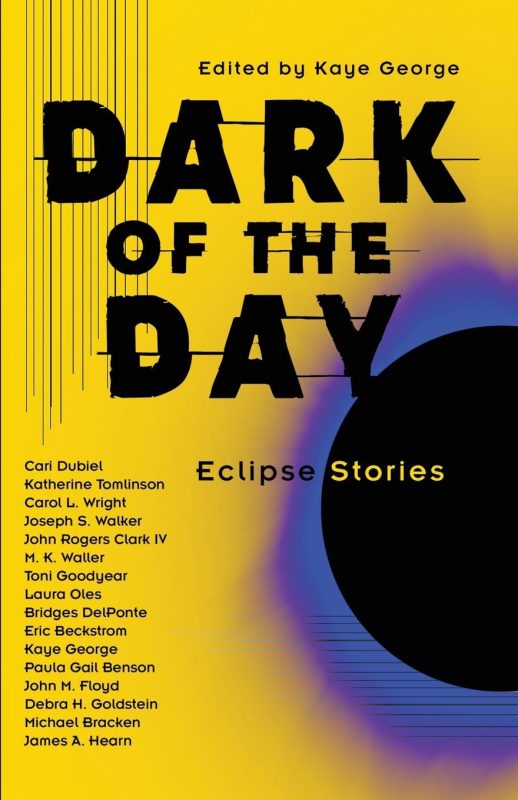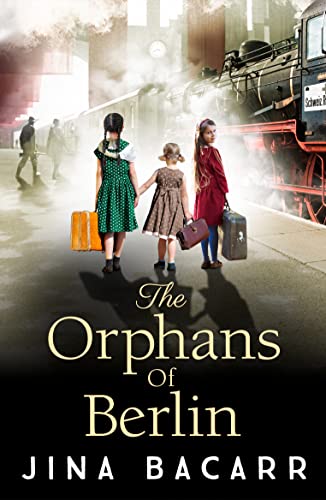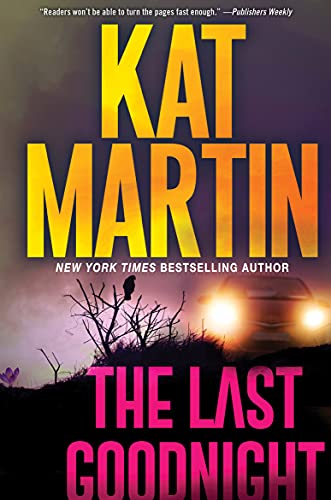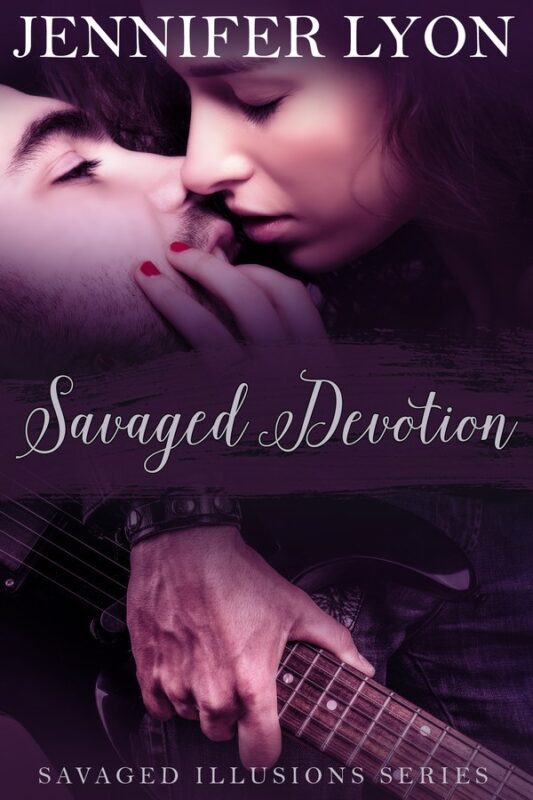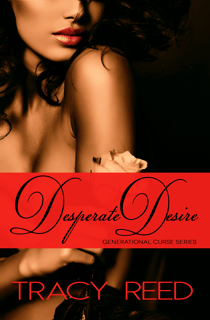What Does the Extra Squeeze Team Think About Prologues?
July 31, 2017 by marianne h donley in category The Extra Squeeze by The Extra Squeeze Team, Writing tagged as advice, prologues, The Extra Squeeze, writing
Ever wonder what industry professionals think about the issues that can really impact our careers? Each month The Extra Squeeze features a fresh topic related to books and publishing.
Amazon mover and shaker Rebecca Forster and her handpicked team of book professionals offer frank responses from the POV of each of their specialties — Writing, Editing, PR/Biz Development, and Cover Design.
What is the publisher/agent attitude towards including a prologue in a romance novel? In ALL my writing classes, workshops, etc (other than romance), the prologue is hated and absolutely discouraged, yet it seems routine with romance. So . . .
What Does the Extra Squeeze Team Think About Prologues?

Rebecca Forster
USA Today Bestselling author of 35 books, including the Witness series and the new Finn O’Brien series.
When I started my career I wrote in a genre I had never read, pitched with a partial and made simultaneous submissions to multiple editors and agents. In other words, I broke every ‘rule’ in the book so I might not be the best one to ask about the prologue rule. That being said, I’m happy to give an opinion – of which I have many if you ask anyone who knows me.
I believe that ‘they’ are not as good a judge of your work as ‘you’. I believe that if there were hard and fast rules about what editors like we wouldn’t have books like “The Girl With The Dragon Tattoo” or genres like chic lit. I believe that if a prologue turned off editors/readers the following books would never have been published or become profitable.
- “Loving Frank” by Nancy Horan
- “The Piano Tuner” by Daniel Mason
- “Montana 1948” by Larry Watson
- “The Name of the Rose” by Umberto Eco
- “Orphan Train” by Christina Baker Kline
- “Water for Elephants” by Sara Gruen
- “The Hours” by Michael Cunningham
- “Shutter Island” by Dennis Lehane
- “The Alchemist” by Paulo Coelho
- “The Promise” by Ann Weisgarber
Yes, prologues are often skipped but if an author wishes to write one then it is the author’s job to make it a compelling piece of the whole. The question is not just is it necessary, but is it critical?
P.S. I have used prologues in three out of my 30+ books. All were published with the prologue intact.
P.S.S. Harry Potter also has a prologue.
Robin Blakely
PR/Business Development coach for writers and artists; CEO, Creative Center of America; member, Forbes Coaches Council.
From a publicity point of view, I care an inordinate amount about the cover of your book and the description of your book; less about whether or not you have a prologue. The only reason the prologue matters to me is if it helps sell the story.
That may sound shallow and even annoying to the craftsman who created the work, but it shouldn’t offend you. The most important part of the PR job depends on the cover and the description…if the first few pages can’t make that cover and description come to life, get rid of it. The first few pages need to pull readers in and keep them engaged in the book. As a creator, if the devise you choose to do that monumental task is a prologue, I support your choice. Just make sure it works and it’s as finely crafted as you can make it. I suspect that somewhere along the way the prologue got a bad name for itself because of shoddy work by writers who didn’t know how to use the device.
If you want to use a prologue, study finely crafted prologues. I want yours to dovetail with your story and with your cover and your book description. It’s all about craftsmanship. In that way, books are like furniture…I only want drawers in furniture if the drawers are constructed properly with joints that dovetail, instead of joints that are cheaply glued or tacked together and fall apart. Books or desks with drawers, If they are made well and work, they do exactly what I need for them to do.

Jenny Jensen
Developmental editor who has worked for twenty plus years with new and established authors of both fiction and non-fiction, traditional and indie.
Prolog: Greek -before, Logos – word
Prologs are out of vogue. Maybe that’s because we want to jump right into a story, not mess about with seemingly extraneous details. More likely it’s because
Prologs have been abused. So often they’re just an info dump – more of a distraction than a component necessary to enjoying the story. I suspect that’s why publishers and editors dislike and discourage Prologs.
Contemporary Romances are stories in the here and now. That’s an aspect of the genre I really love. I want to walk right in and meet the players and watch the love story as it plays out. There really isn’t any need for a set up, a prolog, an information dump. I want to be living the story as it unfolds for the protagonists and the details should be woven into dialog and narrative and keep the story in the active present.
If you must include a prolog first ask yourself:
•Can the reader understand and enjoy the story without this info
•Is it compelling
•Can the info included in the Prolog be conveyed throughout the story in dialog or narrative
•And the question I think is most important for a Prolog: is the information contained so important that the reader must keep that in mind as the narrative unfolds if we are to understand the story. That’s the only reason I can see for a prolog.
But you are the author and this is your story. If a prolog will strengthen the work, then by all means include one. The creative process should not be subject to the whims of fashion. Just be absolutely certain that prolog is necessary.
Let us know what you think about prologues. Do you love them? Do you hate them? Do you read them?
This month’s extra squeeze topic was suggested by APRYL MOHAJERRAHBARI. Thank you Apryl, we hope we answered your question.
If you have a question or topic you would like the Extra Squeeze Team to tackle, please use this contact form.
Smart Alec (Syndrome)
October 15, 2013 by A Slice of Orange in category Archives tagged as advice, Craft, language, procedurals
 |
| Ingrid Bergman/Gaslight |
- · Procedural (police, medical, legal, etc.)
- · Historical
- · Literary
- · Foreign words and phrases
- · Insider references
- · Acronyms
- · Historical, legal, medical references
- · Rare, anachronistic, and/or exotic words
- · Use opposing dialogue for explanation and definition. This may be accomplished through agreement, amusement, derision, etc.
- · Use the omniscient voice to explain and explore a concept
- · Find another way to explain the word or references that retains the integrity of your work
- · Choose the vernacular but craft a sentence that reflects the tonal uniqueness of the original choice
0 0 Read more
Affiliate Links
A Slice of Orange is an affiliate with some of the booksellers listed on this website, including Barnes & Nobel, Books A Million, iBooks, Kobo, and Smashwords. This means A Slice of Orange may earn a small advertising fee from sales made through the links used on this website. There are reminders of these affiliate links on the pages for individual books.
Search A Slice of Orange
Find a Column
Archives
Featured Books
THE LAST GOODNIGHT
With another body turning up, one woman is hot on the trail of a killer . . .
More info →SAVAGED DEVOTION
She fell in love with a rock star and lost everything…
More info →DESPERATE DESIRE
How desperate do you have to be, to break your marriage vows?
More info →Newsletter
Contributing Authors
Search A Slice of Orange
Find a Column
Archives
Authors in the Bookstore
- A. E. Decker
- A. J. Scudiere
- A.J. Sidransky
- Abby Collette
- Alanna Lucus
- Albert Marrin
- Alice Duncan
- Alina K. Field
- Alison Green Myers
- Andi Lawrencovna
- Andrew C Raiford
- Angela Pryce
- Aviva Vaughn
- Barbara Ankrum
- Bethlehem Writers Group, LLC
- Carol L. Wright
- Celeste Barclay
- Christina Alexandra
- Christopher D. Ochs
- Claire Davon
- Claire Naden
- Courtnee Turner Hoyle
- Courtney Annicchiarico
- D. Lieber
- Daniel V. Meier Jr.
- Debra Dixon
- Debra H. Goldstein
- Debra Holland
- Dee Ann Palmer
- Denise M. Colby
- Diane Benefiel
- Diane Sismour
- Dianna Sinovic
- DT Krippene
- E.B. Dawson
- Emilie Dallaire
- Emily Brightwell
- Emily PW Murphy
- Fae Rowen
- Faith L. Justice
- Frances Amati
- Geralyn Corcillo
- Glynnis Campbell
- Greg Jolley
- H. O. Charles
- Jaclyn Roché
- Jacqueline Diamond
- Janet Lynn and Will Zeilinger
- Jaya Mehta
- Jeff Baird
- Jenna Barwin
- Jenne Kern
- Jennifer D. Bokal
- Jennifer Lyon
- Jerome W. McFadden
- Jill Piscitello
- Jina Bacarr
- Jo A. Hiestand
- Jodi Bogert
- Jolina Petersheim
- Jonathan Maberry
- Joy Allyson
- Judy Duarte
- Justin Murphy
- Justine Davis
- Kat Martin
- Kidd Wadsworth
- Kitty Bucholtz
- Kristy Tate
- Larry Deibert
- Larry Hamilton
- Laura Drake
- Laurie Stevens
- Leslie Knowles
- Li-Ying Lundquist
- Linda Carroll-Bradd
- Linda Lappin
- Linda McLaughlin
- Linda O. Johnston
- Lisa Preston
- Lolo Paige
- Loran Holt
- Lynette M. Burrows
- Lyssa Kay Adams
- Madeline Ash
- Margarita Engle
- Marguerite Quantaine
- Marianne H. Donley
- Mary Castillo
- Maureen Klovers
- Megan Haskell
- Melanie Waterbury
- Melisa Rivero
- Melissa Chambers
- Melodie Winawer
- Meriam Wilhelm
- Mikel J. Wilson
- Mindy Neff
- Monica McCabe
- Nancy Brashear
- Neetu Malik
- Nikki Prince
- Once Upon Anthologies
- Paula Gail Benson
- Penny Reid
- Peter Barbour
- Priscilla Oliveras
- R. H. Kohno
- Rachel Hailey
- Ralph Hieb
- Ramcy Diek
- Ransom Stephens
- Rebecca Forster
- Renae Wrich
- Roxy Matthews
- Ryder Hunte Clancy
- Sally Paradysz
- Sheila Colón-Bagley
- Simone de Muñoz
- Sophie Barnes
- Susan Kaye Quinn
- Susan Lynn Meyer
- Susan Squires
- T. D. Fox
- Tara C. Allred
- Tara Lain
- Tari Lynn Jewett
- Terri Osburn
- Tracy Reed
- Vera Jane Cook
- Vicki Crum
- Writing Something Romantic
Affiliate Links
A Slice of Orange is an affiliate with some of the booksellers listed on this website, including Barnes & Nobel, Books A Million, iBooks, Kobo, and Smashwords. This means A Slice of Orange may earn a small advertising fee from sales made through the links used on this website. There are reminders of these affiliate links on the pages for individual books.

